Articles with tag 'Linux'
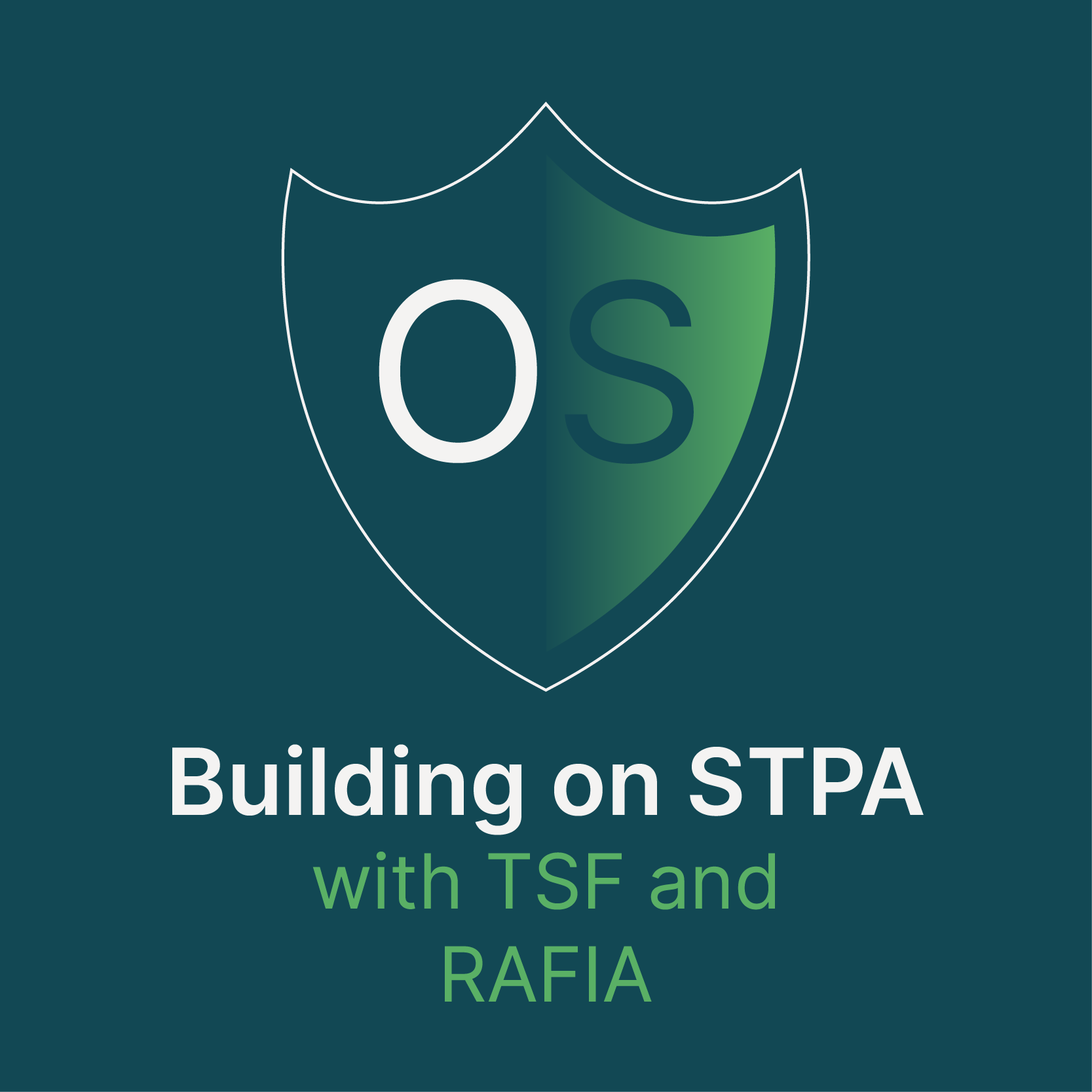
A case study of an iterative approach to safety engineering of a Linux-based OS, allowing lessons from hardware-in-the-loop tests to immediately feed back to a formal STPA analysis.
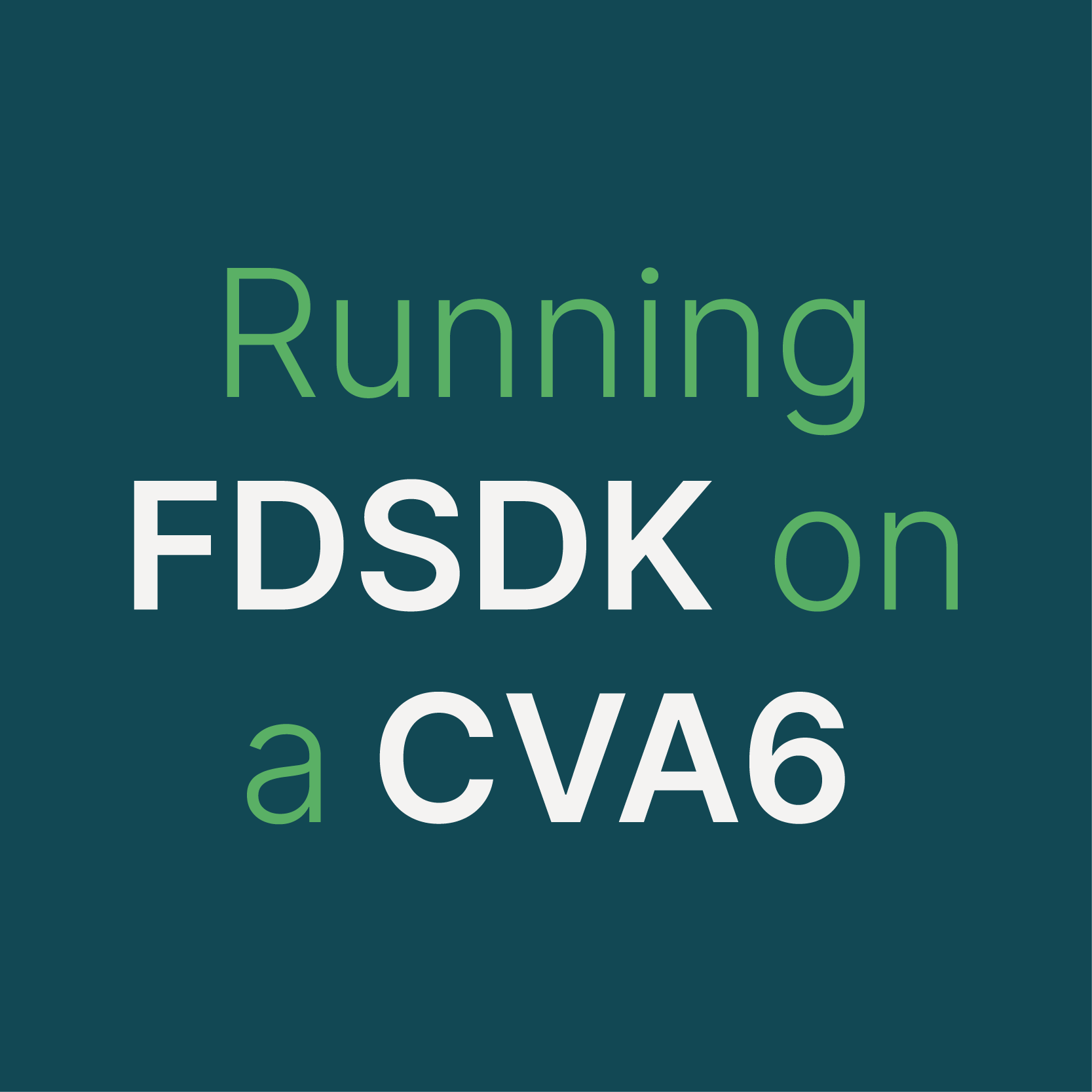
In this blogpost we will cover how to bring CVA6 processor up with Linux on it and how we replaced the OS there with a different one, based on Freedesktop SDK, updating the kernel version on the way.

Exploring how Codethink used embedded Rust to measure Linux’s scheduling performance with an external clock, while maintaining bit-for-bit reproducibility of the testing firmware.

Software is never a temporary feature, especially in the fast-moving world of embedded systems. In industries like automotive, software is at the core of the product’s function, but time and time again, companies treat it like a short-term asset.

Codethink dives into the Linux vs. QNX debate—focusing on architecture, performance, scalability, and long-term production viability.
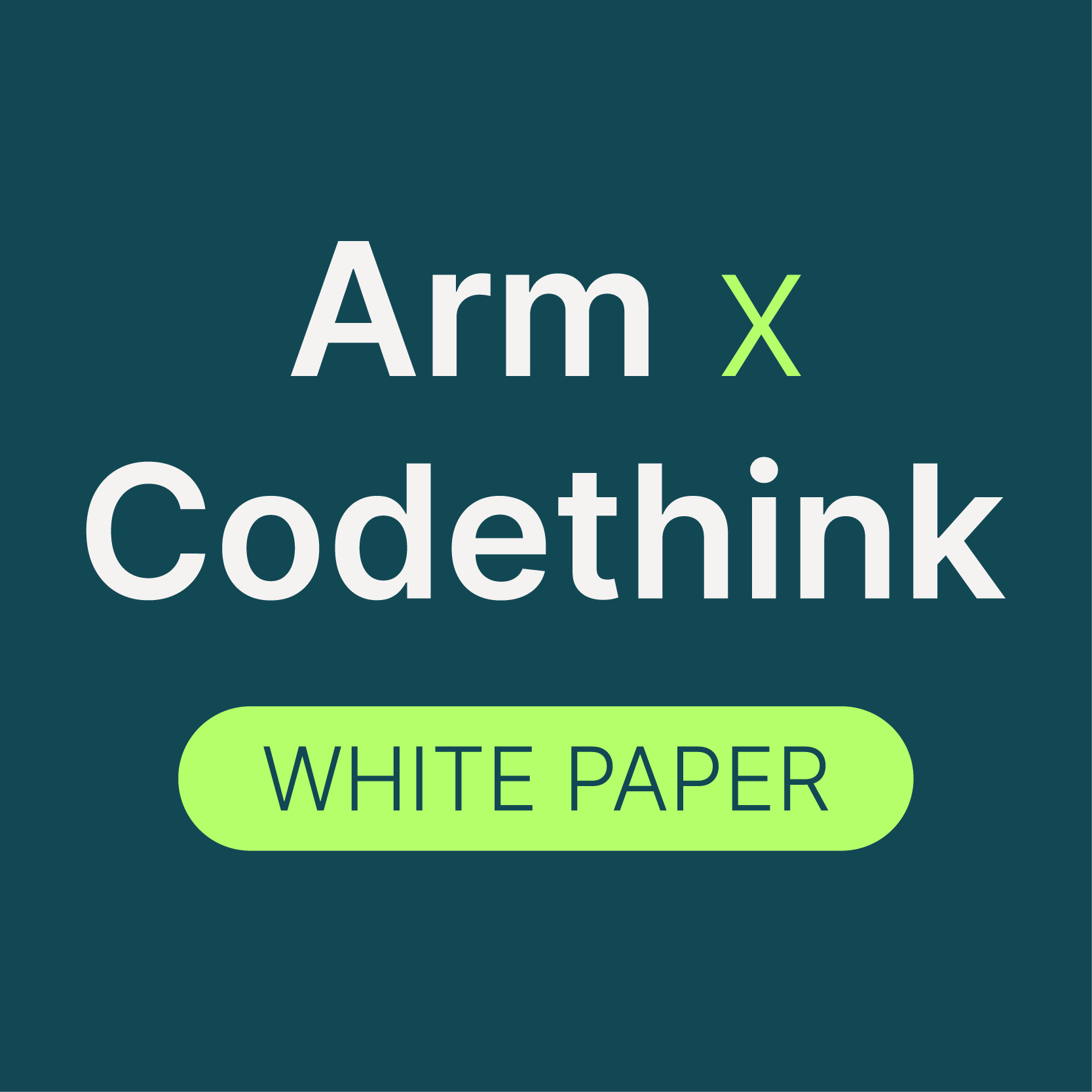
In collaboration with Arm, we’ve published a white paper documenting the process of integrating Arm STLs into a Linux environment. Access it here.

Facing hardware delays? Testing embedded software doesn’t have to wait—here’s how QEMU bridges the gap.
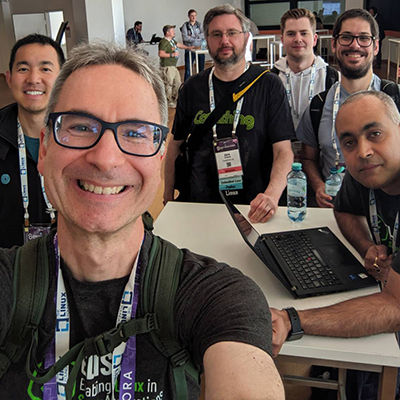
Catch up on our trip to Vienna, Austria for Open Source Summit Europe 2024 (OSSEU).

Catch up on Ben Dooks' talk from OSSEU 24, Vienna.
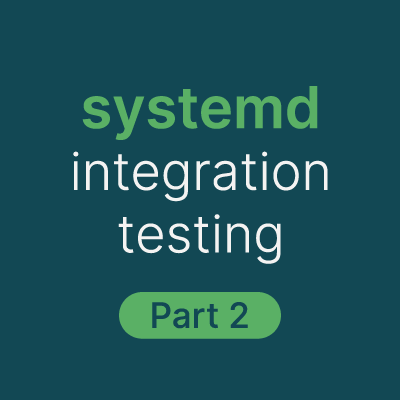
We helped systemd overhaul their integration test suite. Learn more about the project in part 2 of a two-part series.
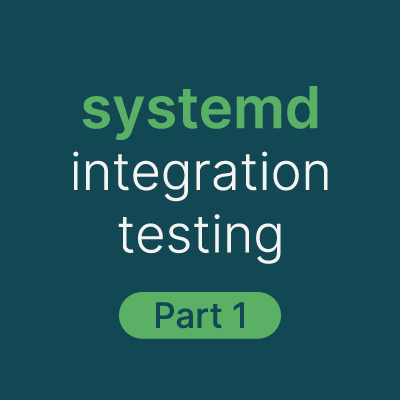
We helped systemd overhaul their integration test suite. Learn more about the project in part 1 of a two-part series.
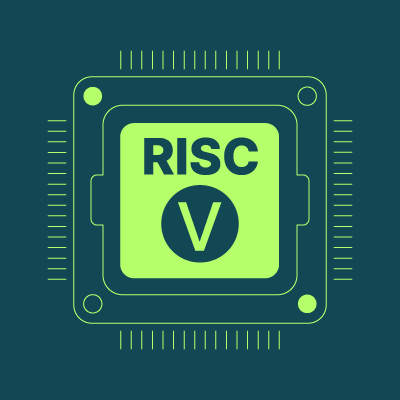
Codethink recently presented at the 2024 RISC-V Summit Europe. Learn about our experiences at the event and our work on RISC-V.

Following the recent ELISA workshop in Lund, Codethink consultant Paul Albertella reflects on five years of contributing to the project.

This is big news. It may not seem like it at first glance, but the impact could be huge.

GNOME OS and Atomic Upgrades on the PinePhone

Codethink collaborates with Flathub to bring forward a way to support open-source developers
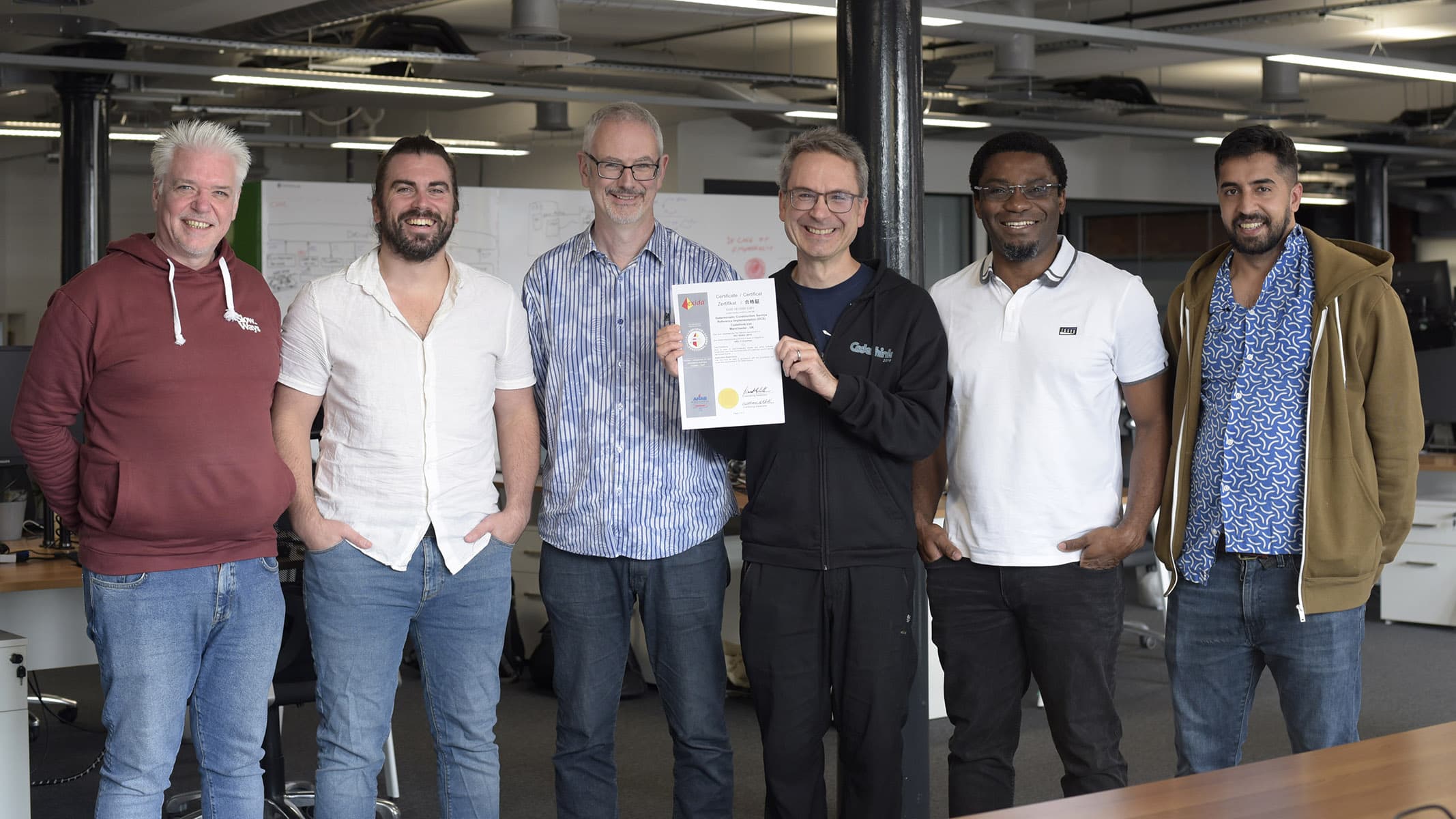
Introducing the Deterministic Construction Service (DCS) design pattern

How Codethink are using STPA for risk analysis of software-intensive systems and integrating the outputs into the engineering process.

Applying functional safety practices to modern software-intensive systems requires a different approach to the established methods enshrined in current safety standards. Codethink have been working with Exida on a new approach to software safety for systems based on Linux.
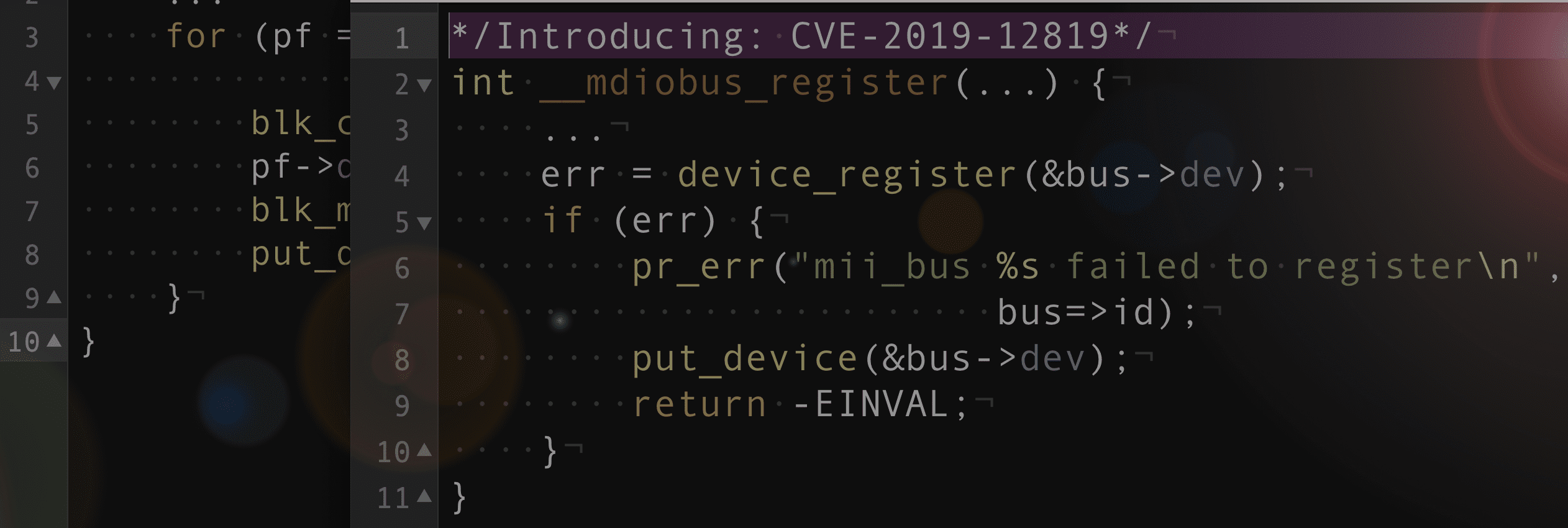
The recent furore around University of Minnesota’s “Hypocrite commits” research, which spilled over from the Linux Kernel Mailing List and into mainstream tech media, has provoked a lot of discussion about the Linux kernel community’s processes, and arguably provided ammunition to folks who have been saying all along that open source software cannot be trusted.

As part of Codethink's interest in RISC-V I have been following the RISC-V kernel list. Whilst looking through the postings the following bug came up, titled: [syzbot] BUG: unable to handle kernel access to user memory in schedule_tail

In 2018, Codethink worked with Lukas Bulwahn from BMW on a project investigating some core functionality of the Linux kernel that is relevant to safety considerations of an assumed system. We wanted to share some of our findings from this work, as it could prove useful to communities interested in using Linux in a safety-critical context.

RISC-V is a new Instruction Set Architecture developed in the open and available for use without paying a license fee. This means there are no barriers to achieving open hardware implementations, which opens the door to performant (mostly) open hardware processors...

Codethink recently worked on platform libraries for the real-time M4 cores of the MediaTek MT3620, the first Azure Sphere chip certified by Microsoft focusing on the development of a set of drivers for the peripheral subsystems (SPI, I2C, I2S, ADC, PWM, GPIO and Timers).
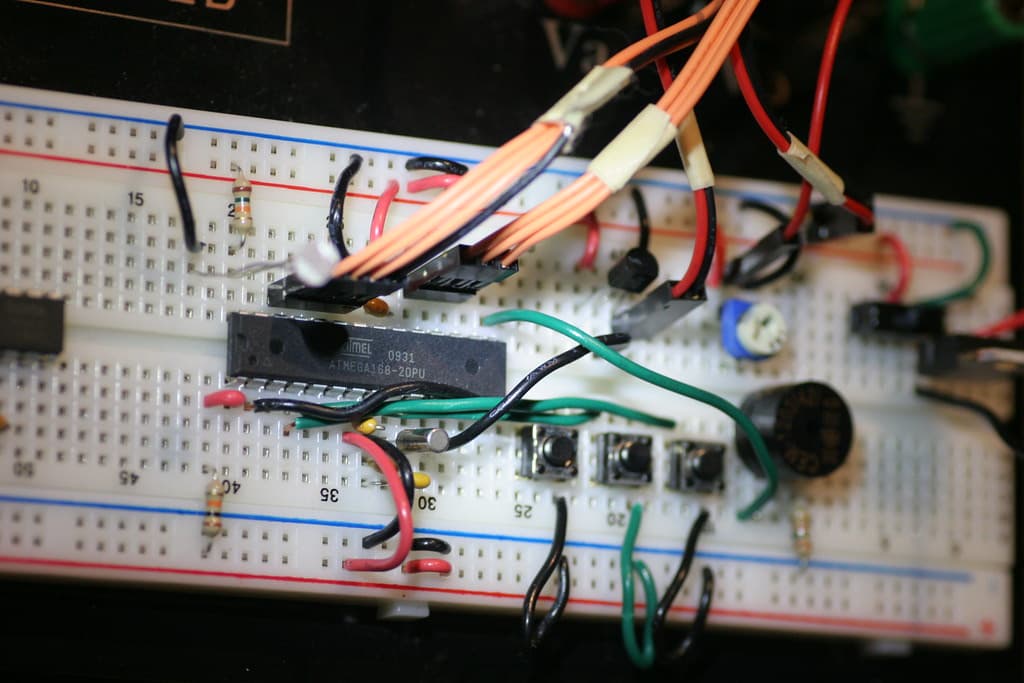
Installing Linux on most PCs is easy — you pop in a DVD or a USB stick, click through the install process, and you’re most of the way there. When it comes to more specialised devices, however, installing and running an operating system isn’t quite so straight-forward.
Embedded devices …

Debian is over 20 years old now, and the venerable distro is keeping the ball rolling by releasing its latest version, 10.0 (Buster), last Saturday.

Free/Libre Open Source Software (F/LOSS) projects have always been community-driven affairs. Many of the tools that we use at Codethink are the result of years of passionate work put in by dedicated developers. They use their free time to provide the world with useful, thoughtful and creative software.

Codethink partnered with York Instruments on a project to develop a new Magnetoencephalogram (MEG) scanner to replace their existing apparatus. This is a neuroimaging device which maps brain activity by recording magnetic fields which are produced by naturally occurring electrical currents in the brain.

Configuring Linux systems to stabilise latency
Over the course of the last few months, Codethink have conducted an investigation into whether or not Linux systems can be configured to be deterministic, so that performance over time is made to be more predictable and overall improved by tweaking the kernel in …

Many embedded/automotive vendors are recommending that electronic control unit (ECU) consolidation can be best achieved by adopting an architecture with a hypervisor. The idea is to isolate functions into guest operating system virtual machines and restrict access to sensitive resources. So examples of the consolidated architecture look something like …

A look at open source for Civil Infrastructure, and why we're a founding member of CIP.

This post was originally a quick email to a client and their other partners detailing what the output from the "top" tool means, which is a utility which shows a list of running processes on a UNIX system along with statistics on their memory and CPU consumption.
Here's an example …

Sam and Mike continue their post about the Teufel build process, talking about the implementation of a reliable caching mechanism.

Codethink joins Automotive Grade Linux to help advance open collaboration and automotive software development for cars of the future

Leading automotive electronics supplier Visteon and Linux software specialist Codethink are partnering to improve the long-term traceability and reproducibility of software used in in-vehicle infotainment products.

NVIDIA Jetson TK1 + Baserock + Linux 3.15 in one day Engineers take just 24 hours to get a new open source 3.15 Linux operating system running on new NVIDIA Jetson TK1.
Tag Index
- Aarch64 (2)
- ABI Stability (1)
- AGL (1)
- Algorithm (2)
- Android Automotive (1)
- Ansible (1)
- API (1)
- Architecture (2)
- Arm (2)
- ASIL D (1)
- Atomic Upgrades (1)
- Audio (2)
- Automation (2)
- Automotive (13)
- Automotive Grade Linux (1)
- Autonomous Vehicle (1)
- Azure (2)
- Baserock (6)
- Bazel (5)
- Bazelize (2)
- Big-endian (3)
- Bloodlight (3)
- Board Support Packages (1)
- British Cycling (1)
- Bugs (1)
- Build (3)
- Build Engineering (16)
- Buildbarn (2)
- BuildBox (4)
- Buildfarm (1)
- BuildGrid (5)
- Buildroot (3)
- BuildStream (12)
- C (2)
- Case Design (1)
- CD (2)
- Certification (2)
- Christmas (2)
- CI (3)
- CICD (11)
- CIP (3)
- CLI (1)
- Cloud (1)
- Cloud-native (1)
- CMake (2)
- CNN (1)
- Code Review (1)
- Coding Puzzle (1)
- Community (7)
- Compilers (4)
- Conferences (15)
- Continuous Delivery (2)
- Continuous Integration (1)
- Coronavirus (4)
- Culture (11)
- CVE (1)
- Cyber Resilience Act (1)
- Data (2)
- Databricks (1)
- DebConf (1)
- Debian (1)
- Debugging (4)
- Decision Analysis (1)
- Devices (1)
- DevOps (2)
- Distributed Builds (2)
- Diversity (2)
- Drivers (1)
- Eagle (1)
- ELCE (1)
- Electric vehicles (1)
- Electronics (2)
- Embedded (12)
- End-User Black-Box Testing (2)
- Erasure Codes (1)
- Error Correction (1)
- Events (16)
- Firmware (4)
- Flathub (1)
- Flatpak (3)
- FLOSS (1)
- Fortran (2)
- FOSDEM (9)
- FOSS (41)
- FOSS Backstage (1)
- FOSS Community (2)
- FPGA (4)
- Freedesktop SDK (6)
- GENIVI (3)
- Git (3)
- GitHub (1)
- Gitlab (1)
- GitOps (1)
- GNOME (19)
- GNOME OS (8)
- GStreamer (1)
- GUADEC (5)
- GUI (1)
- Hamsa (1)
- Hardware (10)
- Hardware Testing (2)
- Heart Monitor (1)
- Heart Rate Sensor (1)
- Hypervisors (1)
- Icicle (1)
- Icicle-Kit (1)
- IEC 61508 (1)
- Infrastructure (2)
- International Women's Day (2)
- Internet of Things (1)
- Internship (3)
- Interrogizer (2)
- Interview (8)
- ISO 26262 (1)
- ISO 9001 (1)
- IVI (1)
- Jetson (1)
- Jsonnet (1)
- Kernel (13)
- Kicad (2)
- Lava (1)
- libabigail (1)
- Linux (36)
- Linux Foundation (5)
- Linux Kernel (4)
- LLVM (1)
- Long Term Maintainability (27)
- Long Term Support (1)
- Lorry (4)
- Machine Learning (3)
- Mainline (2)
- Masterclass (1)
- Medical Devices (7)
- Meetup (2)
- MEG Project (1)
- Microcontroller (5)
- Mirroring (4)
- Mobile Devices (1)
- NVIDIA (3)
- Open Hardware (1)
- Open Source (77)
- Open Source Project (1)
- Open Source Summit (2)
- Open Source Summit Europe (1)
- openQA (5)
- OpenSCAD (1)
- OpenStack (3)
- Partnership (6)
- Performance (4)
- PinePhone (1)
- Podcast (1)
- Productivity (2)
- Programming (2)
- Project Manager (2)
- PyCon (1)
- Python (4)
- QEMU (13)
- QNX (3)
- R155/R156 (1)
- RAAPI (1)
- REAPI (2)
- RECC (1)
- Remote Asset (1)
- Remote Execution (5)
- Reproducibility (1)
- Research (2)
- RHEL (1)
- RISC-V (18)
- Robotics (1)
- Rust (8)
- safety (25)
- Safety Engineering (1)
- Safety System (3)
- scheduling (1)
- Schemas (2)
- Security (8)
- Server (1)
- SiFive (1)
- Software (4)
- Software Engineering (4)
- Software Test Libraries (1)
- STAMP (2)
- STM32 (2)
- STPA (9)
- systemd (6)
- Terraform (1)
- Testing (13)
- Teufel (2)
- Toolchain (3)
- Tracking (1)
- Troubleshooting (3)
- Trustable (2)
- Trustable Software (13)
- Trustable Software Framework (2)
- TX2 (1)
- Upstream (6)
- USB (1)
- User Group (1)
- Validation (2)
- Visualisation (1)
- Women in Tech (3)
- XML (1)
- YAML (2)
- Yocto (1)
- YOLO (1)
